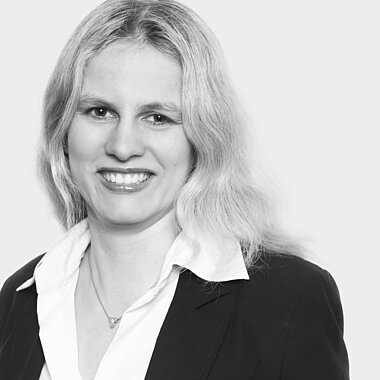Find out today what the legal world will be talking about tomorrow.

The transposition deadline of the EU Directive on the protection of persons reporting infringements of Union law has not yet expired. However, in Germany, the implementation is currently "on hold" and in view of the results of the Bundestag elections at the end of September and now coalition talks to be held, an implementation before the end of the implementation period is rather unlikely. This makes statements by the EU Commission on the interpretation of the Directive all the more important.
No central whistleblowing system in the Group
In two opinions from June 2021, the EU Commission unfortunately did not express a view on whistleblower systems within the Group that was in the interests of the companies. In the opinion of the EU Commission, one central whistleblower system within the group is not sufficient. Rather, a separate whistleblower system would have to be introduced for each group company. In the view of the EU Commission, this is the only way to ensure efficient reporting channels that are "close" to the employee as whistleblower. The EU Commission clearly rejects a single central office within the Group for whistleblowers.
It is true that the Directive also allows the use of third parties when introducing whistleblowing systems, see Article 8(5) of the Directive. However, this does not include other group companies, see recital 54 of the Directive. Moreover, these third parties may only receive the reports, but not investigate and follow them up. For this reason, one central office within the group alone is not possible - in the view of the EU Commission, no other interpretation is possible.
Of course, a central system could still be operated in parallel.
Facilitation for smaller (group) companies
However, exceptions are possible for (group) companies with 50-249 employees. The Directive allows companies of this size to share resources in order to receive notifications and carry out investigations, see Article 8(6) of the Directive. However, provided that a group company is designated in these cases, the following aspects have to be regarded:
- Ensure that the whistleblower is adequately informed about the forwarding of the report to the group company.
- The whistleblower must be granted a right of objection with which he can demand that the report be made and investigated in his company.
- Furthermore, follow-up measures and queries may only be carried out by the company concerned itself.
In this respect, a corresponding position must at least be kept available even in smaller companies.
Practical tip
The opinions of the EU Commission are likely to mean considerable additional work for many companies. It is clear that, based on the opinions, a central whistleblower system is not sufficient for group companies based in the EU if they have more than 50 employees.
However, as the Commission does not rule out the parallel operation of a central whistleblowing system next to a decentral one, affected groups are recommended to set up the decentralised whistleblowing systems. When referring to the reporting channels, however, the advantages of the central channel should be emphasised in order to receive and process as many reports as possible via this channel. Nevertheless, both reporting channels must be equally accessible.
It remains to be seen how the national legislator will react to these opinions and to what extent they will be reflected in the implementation law. It is also unclear what legal risks exist for companies in the event of a deviating design. However, companies must expect that a deviating design could have a negative impact on their reputation. In addition, there is a risk that whistleblowers will immediately turn to the external reporting office due to the "flawed" whistleblowing system.
Authors

![[Translate to English:] [Translate to English:]](https://www.skwschwarz.de/fileadmin/_processed_/c/0/csm_Header_ELLG_4d88ba8ff7.png)
